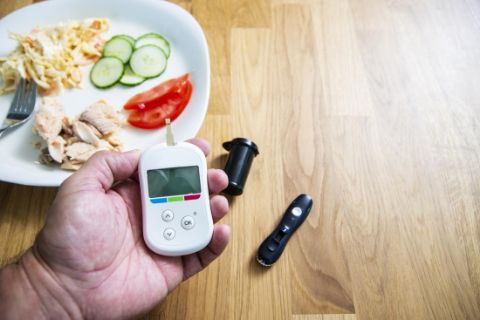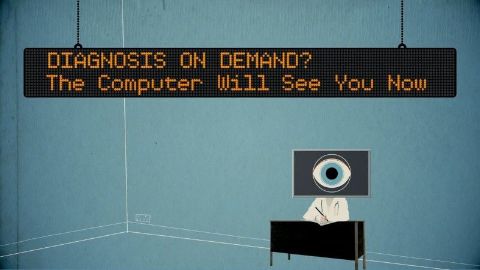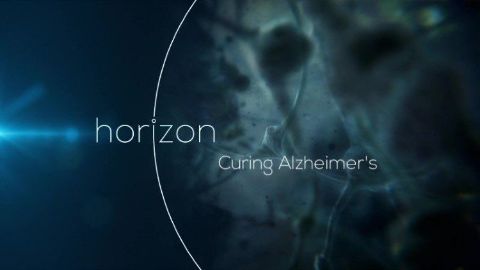Microorganisms: The Air We Breathe • 2023
Bacteria, viruses, but also fungus spores, algae, pollen, and even insects: microorganisms are constantly drifting through the sky. How can so many living beings find their way into the air and be circulating in our atmosphere? How do they survive? What is their influence on our lives and our entire living world? Biodiversity, health, climate - scientists are only now discovering just how much this discreet airborne "plankton" affects our lives and the entire ecosystem on Earth. But despite its many virtues, this magic matter is now under threat from human activity. With help from experts and using 3D visual effects, this scientific investigation will take us to the heart of a world that is still very little understood, and will reveal the diversity and fragility of the air we breathe.
Make a donation
Buy a brother a hot coffee? Or a cold beer?
Hope you're finding these documentaries fascinating and eye-opening. It's just me, working hard behind the scenes to bring you this enriching content.
Running and maintaining a website like this takes time and resources. That's why I'm reaching out to you. If you appreciate what I do and would like to support my efforts, would you consider "buying me a coffee"?
Donation addresses
BTC: bc1q8ldskxh4x9qnddhcrgcun8rtvddeldm2a07r2v
ETH: 0x5CCAAA1afc5c5D814129d99277dDb5A979672116
With your donation through , you can show your appreciation and help me keep this project going. Every contribution, no matter how small, makes a significant impact. It goes directly towards covering server costs.





